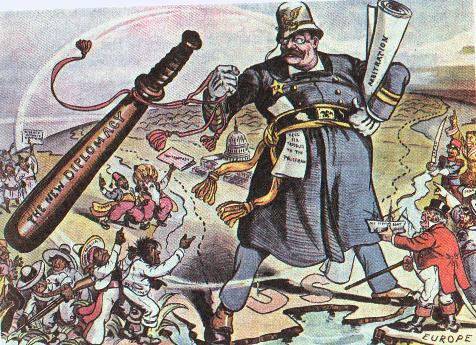What have I learned?
I learned that the Suez Canal is very crucial during the age of Imperialism and now as well. It is very economically important to the world right now.
I found out that India wasn't technically under British control until after the Sepoy Mutiny.
The Imperialist nations of Europe and the US were complete jerks to the Chinese. I mean we shoved guns in their face and demanded to trade with them, and in Britain's case, they wanted to give the Chinese people Opium. Seriously.
What interested me?
I found the United States' Non-Imperialistic Imperialism very interesting, as it told other countries to stay out of South American affairs, but they did nothing about it themselves.
I found the Sepoy Mutiny very interesting due to its cause. It makes me wonder if religion was genuinely used as a reason for uprising, or a scapegoat, or both. I mean, in history, religion was used as justification for a great many things.
I still want to know why the European Imperialist countries didn't abandon parts of Africa that had no real value to them. South Africa had diamonds and gold, the Congo had rubber, but I didn't see anything else.
http://images.fineartamerica.com/images-medium-large/imperialism-cartoon-1876-granger.jpg







